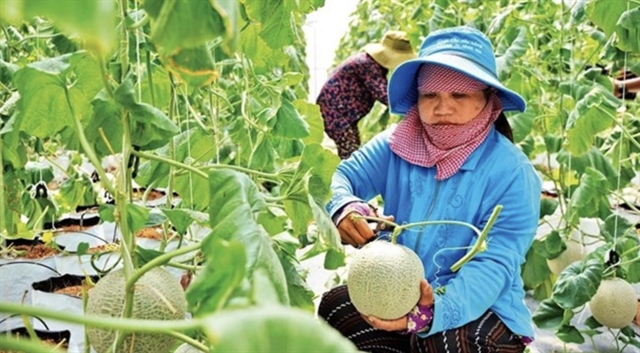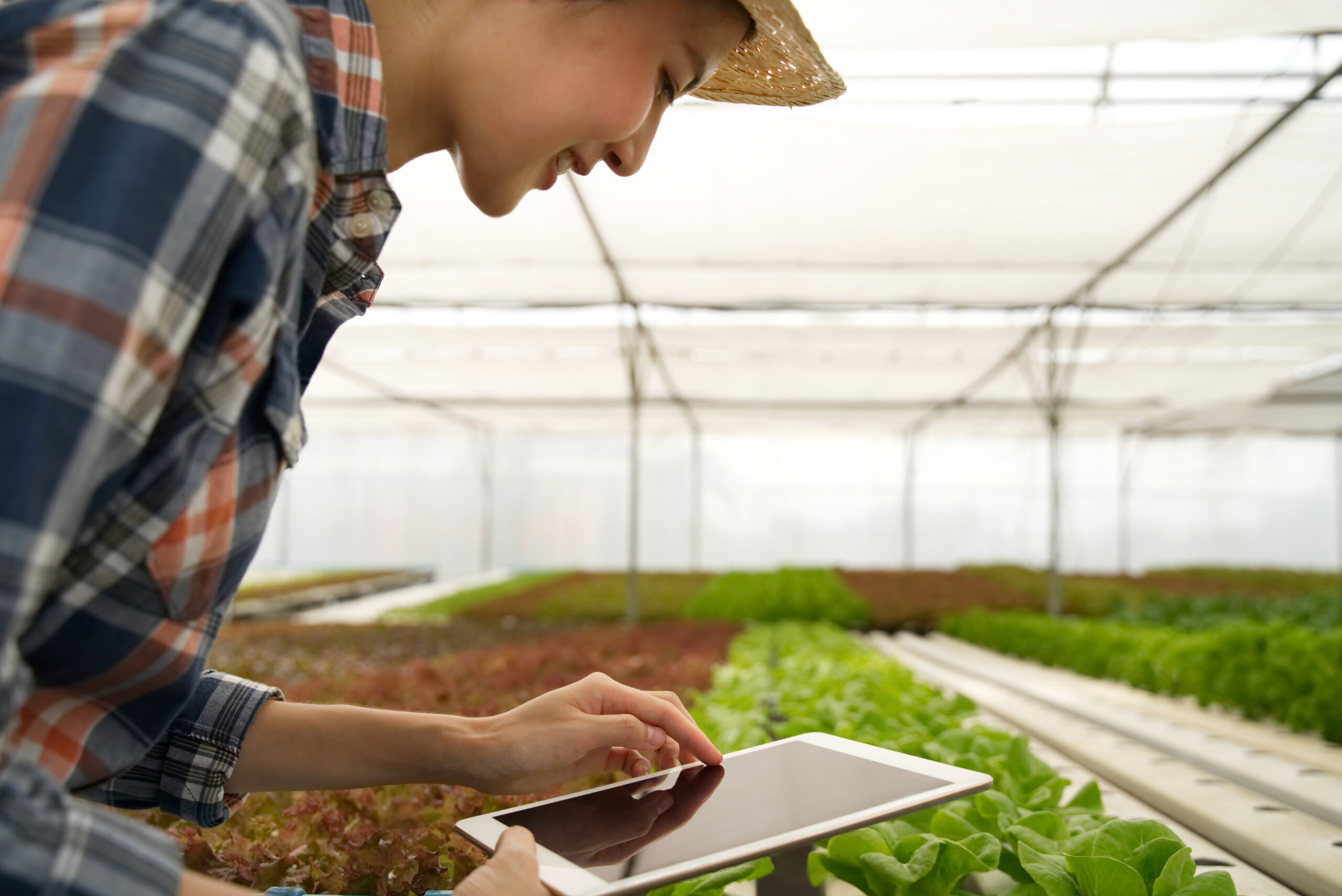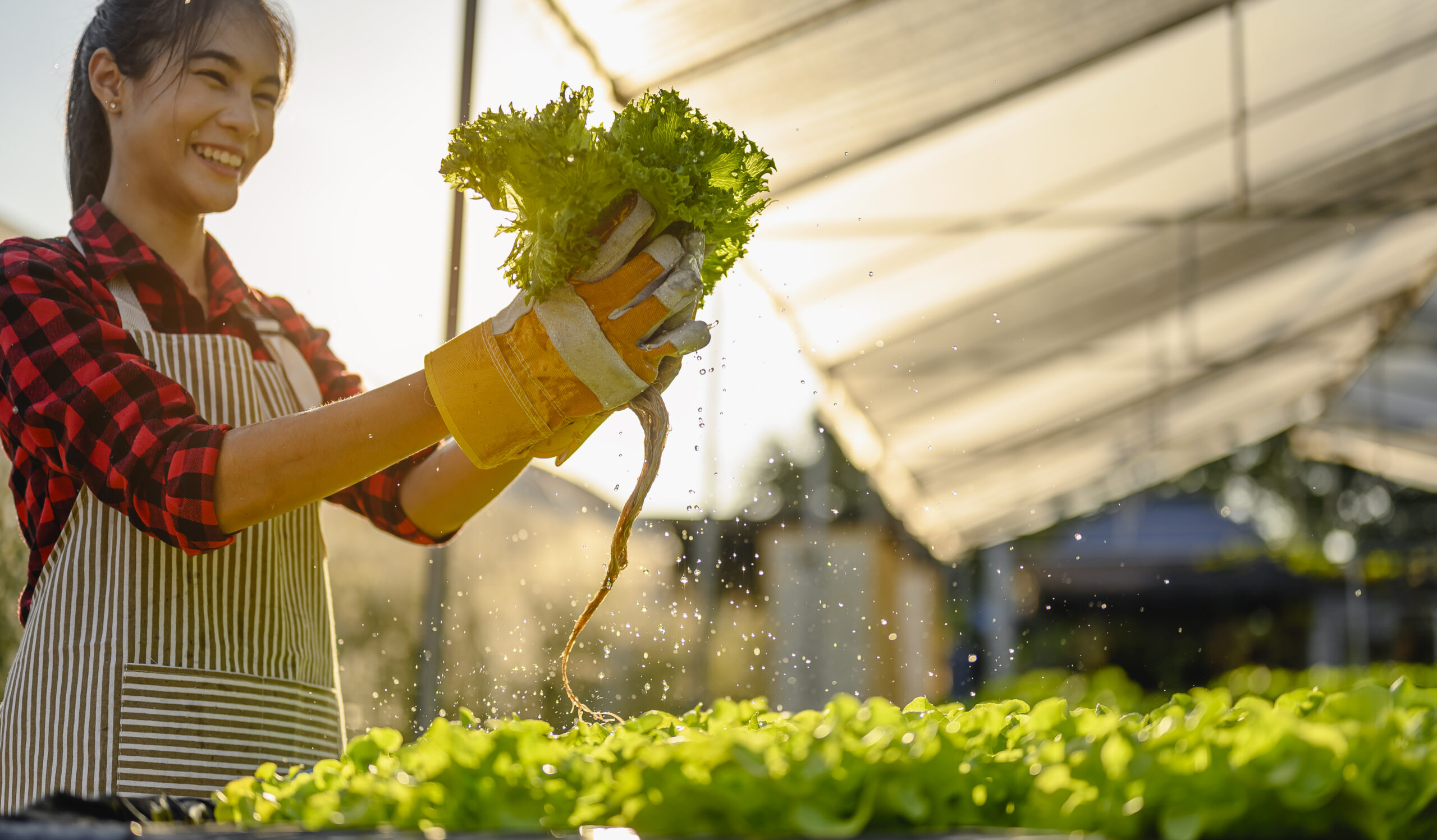HO CHI MINH CITY (ANN/THE VIETNAM NEWS) – Ho Chi Minh City, Vietnam, is taking proactive measures to enhance its sustainable urban agricultural production aiming to implement advanced technology in at least 70 per cent of its agricultural land by 2030, as reported by the Department of Agriculture and Rural Development.
Despite a concerning trend of diminishing agricultural land area, with a loss of 700 hectares annually during 2010-2015 and 1,000 hectares each year from 2015 to 2020, there is encouraging news. The city has witnessed a steady increase in the production value per hectare of agricultural land.
In 2015, one hectare of agricultural land yielded VND375 million annually. Subsequently, during the period from 2015 to 2020, the revenue from one hectare of agricultural land rose to VND500 million.
The department now sets an ambitious target, aiming for a revenue range between VND900 million and VND1 billion per hectare by 2030.

Head of the Ho Chi Minh City Hi-tech Agricultural Zone Management Board, Phạm Dinh Dung said developing agriculture with high technology would be the major trend of the agriculture sector.
Ho Chi Minh City set up the country’s first high-technology agricultural zone in 2004 in the suburban district of Cu Chi and a biotechnology centre in District 12, both of which are highly efficient.
Dung said the city would develop agricultural production with high technology, accompanied by an eco-tourism space, thereby enhancing value and contributing to economic and social development.

The Ho Chi Minh City Hi-tech Agricultural Zone has been expanding its production scale in farming, animal husbandry and aquaculture.
In recent years, the city has focused on building facilities and establishing pioneering units in the field of smart agriculture.
Some of these facilities are the High-tech Agricultural Park, the Biotechnology Centre and the Demonstration and Experimentation of High-Tech Dairy Farming.
The municipal People’s Committee also approved a programme to develop plant and animal varieties and high-tech agriculture for 2020-2030, with a focus on research and development.
In addition, experts urge a clear and adequate legal framework for the management and development of high-tech agriculture, more investment in human resources training and incentives for R&D and public-private partnership in the field.




















































